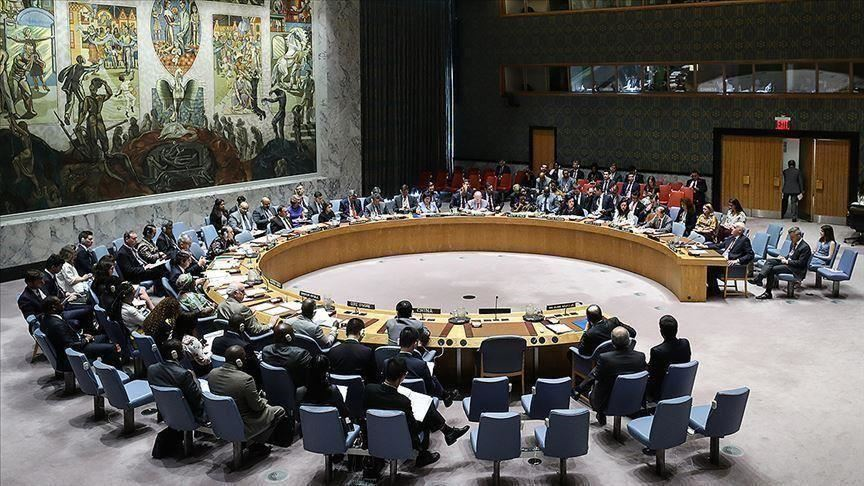Pakistan believes that the current Inter-Governmental Negotiations (IGN) on reforming the UN Security Council are the “best platform” to reach the goal. They say that any “hurried or hasty process with a piecemeal approach” will make it harder to reach a consensus on expanding the 15-member body.

Ambassador Usman Iqbal Jadoon, the deputy permanent representative to the UN, told delegates that any new process would have to start “from scratch” and face the same problems as the IGN process. He was speaking at the start of the long-awaited talks to restructure the Security Council on Wednesday.
India, Brazil, Germany, and Japan, together known as the “Group of Four,” are making a new push for permanent position in a bigger Security Council at the same time as the Pakistani envoy’s comments.
“Only through a patient exchange, mutual accommodation, and compromise can we broaden the areas of convergence and reduce the points of divergence and thus evolve a ‘model’ for the reform that can be accepted by the widest possible majority of Member States,” Jadoon said.
“We all want to see a Security Council that is more representative, more democratic, more transparent, more effective, and more accountable,” he stated, adding, “This goal can only be attained through a comprehensive reform that caters to the interests of all Member States – small, medium, and large.”
Ambassador Jadoon said this about the “models” for reform put forward by different groups and member states: “Any artificial move to push the reform process towards an over-emphasis on’models’ is likely to polarize positions and pull the member states further apart.”
During the session, he said, “Instead of giving things new life, this will make it harder to reach a meaningful conclusion.” The process to change the Security Council, which began in February 2009, has not moved forward yet.
The IGN process looks at five groups: the types of participation, the veto, regional representation, the size of an expanded Security Council, how the council works, and its relationship with the General Assembly.
As part of the UN reform process, most member states think that the Council should be bigger, but they disagree on the specifics. The Group of Four, which is running for permanent seats on the Council, hasn’t changed their plan to add 10 seats to the Council, with six more permanent seats and four non-permanent seats.
On the other hand, the Uniting for Consensus (UfC) group, which is led by Italy and Pakistan and is strongly against adding more permanent members, has suggested a new type of members who are not permanent but have longer terms and can run again. The Security Council has 10 members who are chosen to serve for two years and five permanent members. The permanent members are Britain, China, France, Russia, and the United States.
The Pakistani delegate talked about the five interconnected clusters and said that the UfC thought that adding more permanent members would make the Security Council even less effective and keep most of the UN’s small and medium-sized states from having a voice.
He said this about UfC’s plan for elected seats to last longer: “We see the expansion to newly elected members from less represented regions going hand-in-hand with the principle of regional representation.”He said that the UfC could look into ways to give Africa “regional” places. He pointed out that Asia, with 57 member states, was also under-represented, as was Latin America.











































